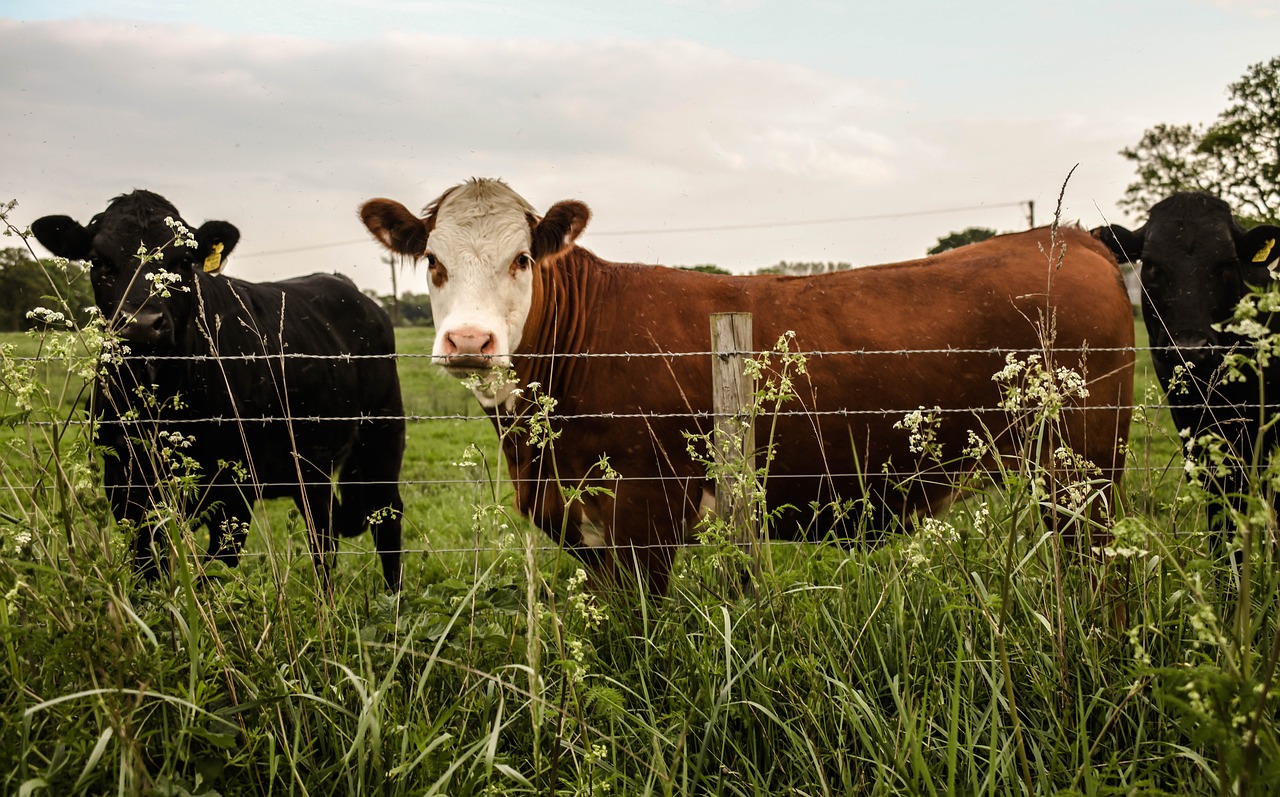Explore weed management options for three offending pasture weeds.
Weed management requires a lot of consideration for Florida cattle operators. Florida’s long growing season means that most plants grow well, and weeds are especially adept at growing like, well, weeds. UF/IFAS put together a publication in 2015 on three of the most problematic weeds in Florida. It includes weed management options and costs, aiming to assist ranchers with developing weed control budgets that improve overall weed management. Explore the summarized weed management stats for dogfennel, smutgrass and blackberry/dewberry below. See the complete article here, including cost charts.
Weed Management Details for Common Pasture Weeds
Dogfennel. “Dogfennel can begin growing from seed and rootstock as early as February. By April, plants can be 6 to 12 inches tall. Smaller dogfennel plants are much easier to control than larger ones, so controlling dogfennel early is crucial. Dogfennel, less than 20 inches in height, can be controlled with 4 pt/A 2,4-D amine, or 1.5 qt/A Weedmaster.”
“Once the plants reach 20 inches in height 2,4-D and Weedmaster become less effective. Once plants become taller than 36 inches, other options should be considered. Pasturegard at 3 pt/A is an effective option, however, if other weeds are present, a combination of Pasturegard and GrazonNext is a better option. The herbicides used to treat dogfennel are safe for forages with the exception of 2,4-D. 2,4-D should not be applied to limpograss from May 1 and November 1 or severe injury could be sustained.”
“Environment conditions can alter the effectiveness of dogfennel control. Drought conditions can prevent the herbicides from realizing their full effectiveness. If the dogfennel plant is not wilting during the day, the plant is preventing moisture from leaving the plant, so sprayings should be delayed until the dry conditions pass.”
Smutgrass. “Two types of smutgrass can be found in Florida…Chemical control for giant and small grass are the same. Velpar at 2 qt/A is effective for controlling smutgrass. Velpar should be applied from June through September. Velpar has very little leaf activity with smutgrass and the herbicide has to be absorbed through the roots, so rainfall after spraying is required to realize the full benefit. If rainfall does not occur within a two week period after spraying, the treatment will likely fail.”
“Velpar has no grazing restriction for treatments less than 4.5 qt/A, but there is a 38 day haying restriction. Oak trees are very sensitive to Veplar, so stay 100ft from any oak trees while spraying Velpar. Bahia and Bermudagrass will yellow after spraying with Velpar, but will recover in about 40 days. Velpar is a very expensive herbicide to apply, so ranchers should decide before spraying if it’s worth the cost.”
Blackberry and Dewberry. “Blackberry and dewberry can be easily overlooked, but if untreated for long periods of time, large thickets can form and can injure cattle and other livestock. Thorns can scratch and cause infection on bulls’ reproductive organs that can lead to a complete loss of reproduction performance. Infections on the udder can lead to lower milk production. Blackberry and dewberry can reduce grazing in portions of pastures if they allowed to grow into hard to control thickets.”
“Controlling blackberry and dewberry should include mowing and herbicide applications. Mowing will eliminate the dead canes while the live canes will regrow allowing the herbicide full contact with the live canes. Herbicide should be applied 6 months after mowing. After spraying, it is good practice to mow again to remove the dead canes and allow for grazing, but canes should not be mowed for 6 weeks after spraying to allow the herbicide sufficient time to act.”
“PastureGard at 2pt/A is an effective control when blackberry and dewberry are blooming and will treat other pasture weeds, but often, retreatment is required for 100% control. Research has shown fall applications are generally more effective than spring applications. Telar at 1oz/A is also effective on blackberry, but will not target other pasture weeds. PastureGard and Telar are both safe to use on bahia and bermuda pastures.”
Griffin Fertilizer is committed to helping both growers and ranchers make sound agronomic and economic decisions in order to maximize the health of their grove and pasture. As a full-service custom dry & liquid fertilizer blender and crop protection product distributor, we will continue our mission to further advance Florida agriculture. For questions or concerns about your farm or pasture, contact us and one of our team will be in touch.

